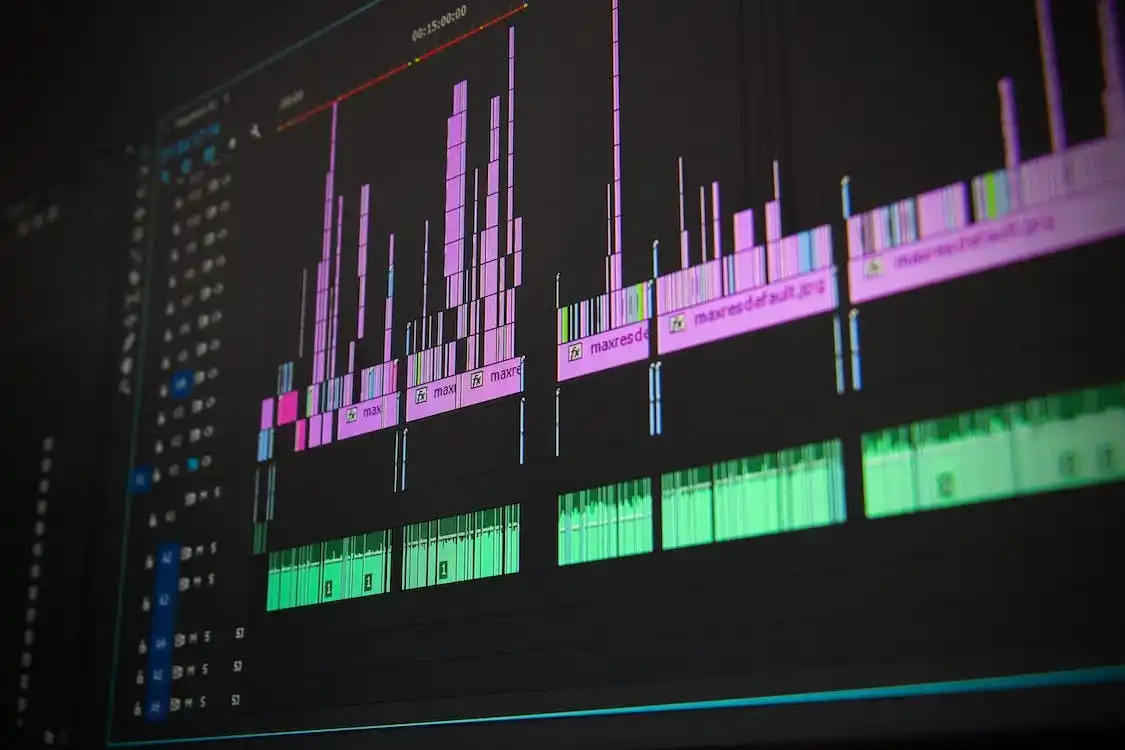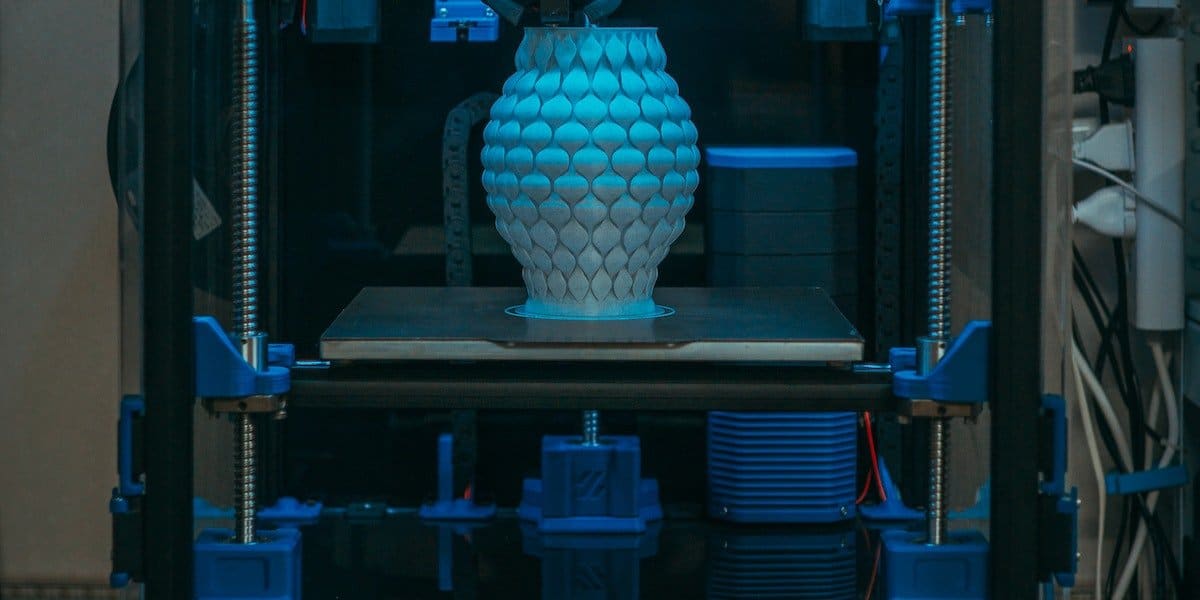The music industry has undergone significant changes over the years, and technology has been a key driver of these changes. With the advent of new technologies, the music industry has evolved in ways that were once thought impossible. In this article, let’s explore the impact of technology on the music industry.
The Evolution of Music Distribution
One of the biggest impacts of technology on the music industry has been the evolution of music distribution. In the past, physical copies of albums were the primary means of distribution. However, with the advent of the internet and digital music streaming platforms, music distribution has become much more accessible and convenient.
Today, artists can distribute their music globally with just a few clicks. This has greatly expanded the reach of musicians and has allowed for more diverse and inclusive music scenes. Additionally, the rise of social media platforms has enabled artists to connect directly with their fans and build their fan base without the need for traditional record labels.
The Impact on Music Production
Technology has also had a significant impact on the way music is produced. Digital audio workstations and software synthesizers have made it easier than ever for musicians to create and record their music. This has resulted in a rise in home studios, where musicians can produce professional-quality music from the comfort of their own homes.
Furthermore, technology has also allowed for the creation of new genres of music that were not possible in the past. For example, electronic dance music (EDM) has become a popular genre in recent years, largely due to advancements in music production technology.
The Impact on Music Consumption
Finally, technology has also had a significant impact on the way people consume music. In the past, people would purchase physical copies of albums and listen to them on CD players or cassette players. However, today, people mostly listen to music digitally, through platforms such as Spotify, Apple Music, and YouTube.
This shift in music consumption has had a significant impact on the music industry, as it has led to changes in revenue models. Whereas in the past, record labels and artists made most of their money from album sales, today, they make most of their money from streaming royalties.
Conclusion
Overall, technology has had a significant impact on the music industry. It has enabled artists to distribute their music globally, create new genres of music, and reach audiences that were once unreachable. Additionally, it has also changed the way people consume music, leading to changes in revenue models and the way the industry operates. In the years to come, we can anticipate additional changes in the music industry as technology continues to advance.
Therefore, it is important for musicians and industry professionals to stay abreast of these changes and adapt to them accordingly, in order to stay relevant and successful in the ever-changing landscape of the music industry.
Best Articles
Read about Music Industry















